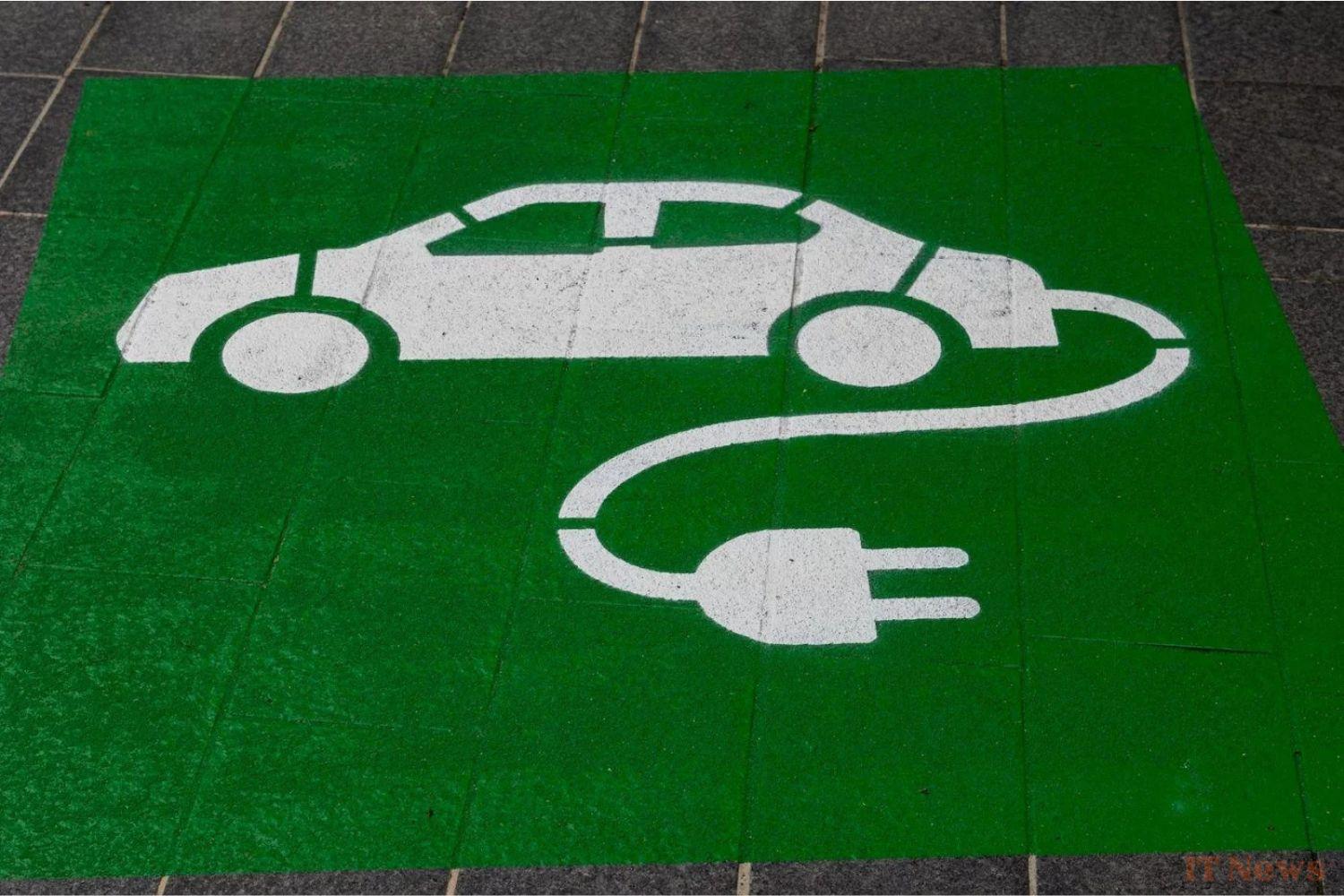This was a request from European car manufacturers, to whom the European Commission gave a little respite on Monday, March 3. Well before the ban on the sale of thermal cars in 2035, a standard of the European Green Deal requires car manufacturers, from the end of the year, to gradually limit the sale of their polluting vehicles – with, as a key, hefty fines for all the recalcitrant or bad students.
Under this standard called CAFE (for “Corporate Average Fuel Economy”), manufacturers must sell fewer diesel and gasoline cars and more electric vehicles, under penalty of fines. But for many manufacturers, the timetable is far too tight. They have been campaigning for weeks to ensure that at the very least no fines are issued this year. They finally won their case.
Three years to comply with the standards
After a second consultation meeting with industry leaders, Ursula von der Leyen, head of the European Commission, explainedthat manufacturers who are late in their CO2 emissions reduction targets will not pay a fine this year. A proposal to amend the current legislation will be presented before the end of the month, she added. In two days, the European executive will present an action plan for the sector which is going through "difficult times".
In concrete terms, CO2 emissions will no longer be calculated over a single year, but over three years, from 2025 to 2027: "instead of annual compliance, companies will have three years to comply with the standards", Ursula von der Leyen stressed. This will both give a little more time to latecomers, and take into account those who have respected the initial deadline. "The objectives remain the same, but this means more flexibility for the industry," continued the head of the European executive.
"An unprecedented gift to the European automobile industry"
The Green Deal, which aims to reduce CO2 emissions in Europe, marks the European Union's shift towards electric vehicles. But for many, the shift towards less polluting vehicles is hampered by slumping sales of electric cars and competition from Chinese models that is considered unfair. In another helping hand to the sector, the President of the European Commission declared on Monday that she would "accelerate work on the revision" of the regulation that imposes a ban on sales of thermal cars in 2035. Initially planned for 2026, the revision could be initiated as early as this year.
Environmental protection associations regret this "unprecedented gift to the European automobile industry", like Transport & Environment, which campaigns for "clean transport in Europe". For this organization, "the current 2025 CO2 target is well within the reach of European car manufacturers, who have until the end of the year to comply with it". "By moving to three years," the organization wrote in a press release, "car manufacturers will be less constrained to supply more affordable models such as the Renault R5 and the Citroën eC3, both of which were designed to contribute to the 2025 target." However, this is currently a proposal from the European Commission that will need to be adopted by the Council and the European Parliament.



0 Comments